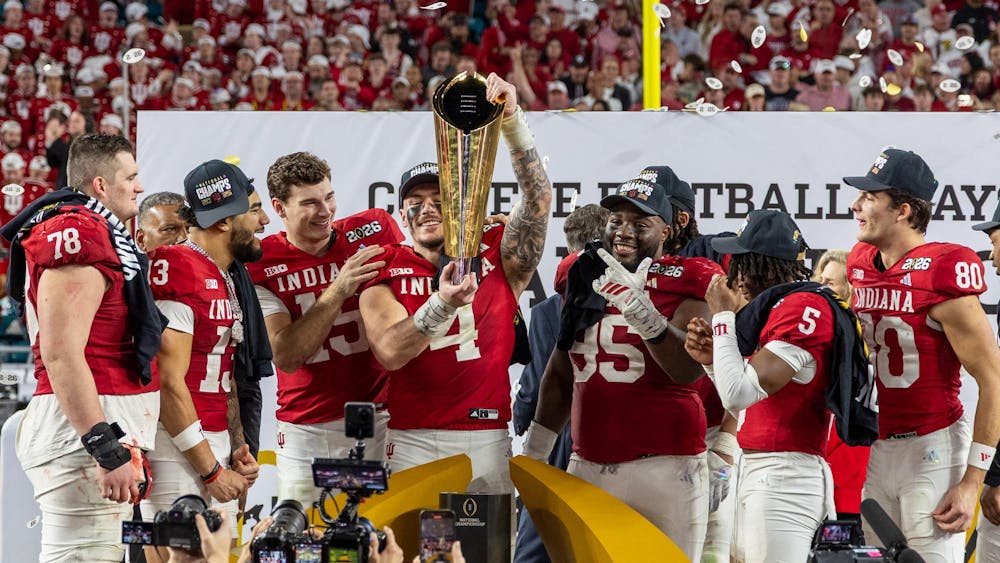Two IU students were scammed out of thousands of dollars after they got more than they bargained for with their online advertising.\nThey are just two recent victims of a resurging fake-check hoax known as a “check overpayment” scam.\nIn the scam, victims sell something online, but the buyer sends them too much money in a fraudulent cashier’s check, often claiming it as extra shipping fees. Scammers then tell their victims to wire the extra money to a bank account. Often people will wire the money before verifying the check, leaving them out thousands of dollars.\nLinda Carmody is president of the Better Business Bureau of Central Indiana, which covers 46 counties, including Monroe. She said she first heard about the “overpayment scam” in 2003 and that she has seen many cases surface since then.\nShe advises people not to do business with anyone who wants to pay more than the asking price.\nScammers often target vulnerable groups like the elderly and students, Carmody said.\nOne IU woman received $4,000 for a $1,700 sublet on her apartment after she advertised on the online community Craigslist last week, said Bloomington Police Department Sgt. Jeff Canada, reading from a police report. The scammer told her to wire the rest to a Western Union account, where it was then rewired overseas.\nOn Tuesday, an 18-year-old male student reported to officers that he had received a check for $2,000 after advertising his guitar for only $100. The money was accompanied by instructions on what to do with the extra money, which he wired to London before realizing the check was fake.\nIn both cases, the students didn’t verify the check with their bank before wiring the extra money overseas, which makes it impossible for the police to track.\nCanada said the Internet is a haven for scammers.\n“The Internet is such a great place for a criminal to conduct his business, especially overseas because he’s kind of untraceable,” Canada said.\nCarmody added that scammers will even pose as a business or use the names of credible banks such as National City or Bank of America. She has even heard of some cases in which criminals printed their cashier’s checks with the same type of paper as the bank.\n“If there’s a way to do it, the crooks will do it,” she said. “In many instances, the banks can’t even tell the difference.”\nBoth Canada and Carmody recommend that people take any questionable checks to their own bank and ask the bank to hold the check and process it before depositing it in their account.\nIn both cases, the students were contacted a second time to wire more money from another fake check, Canada said.\nCarmody said this is common, as scammers want to keep taking advantage of vulnerable people.\n“They try to pinpoint the gullible people and hit them time and time again,” she said.
2 IU students scammed
Expert says students targeted for vulnerability
Get stories like this in your inbox
Subscribe





